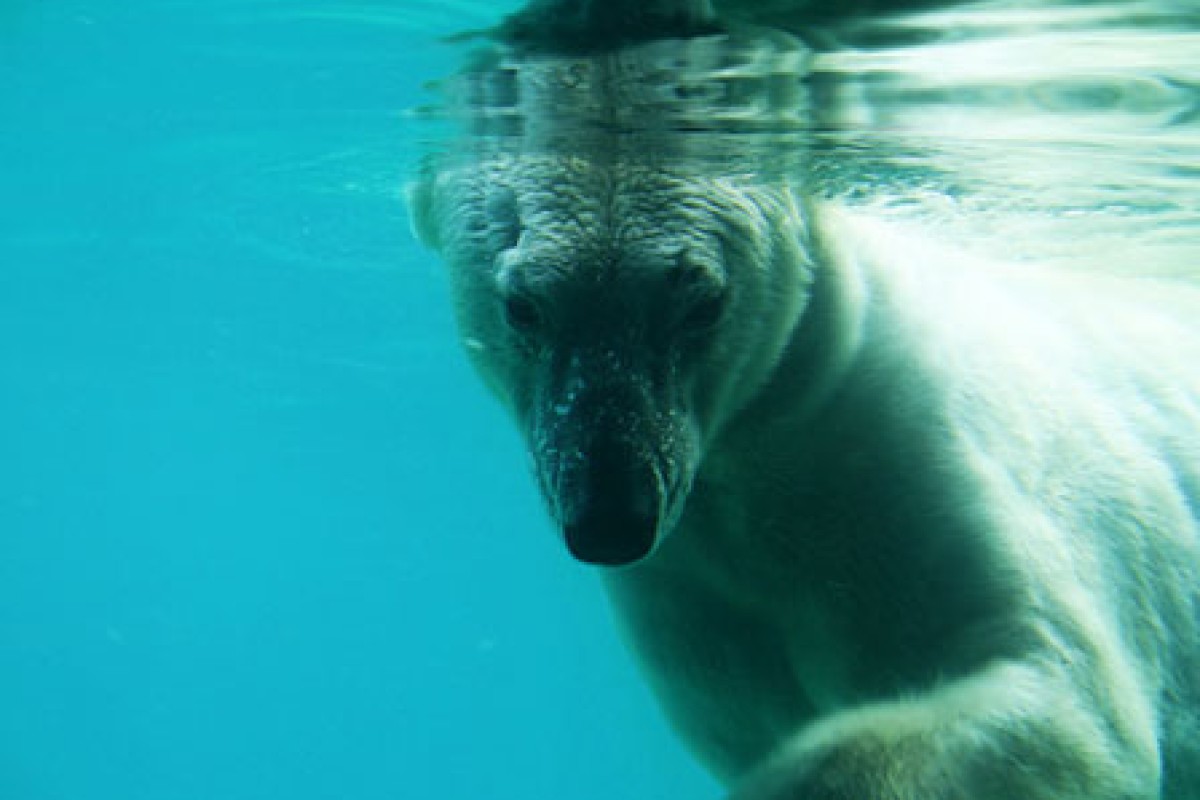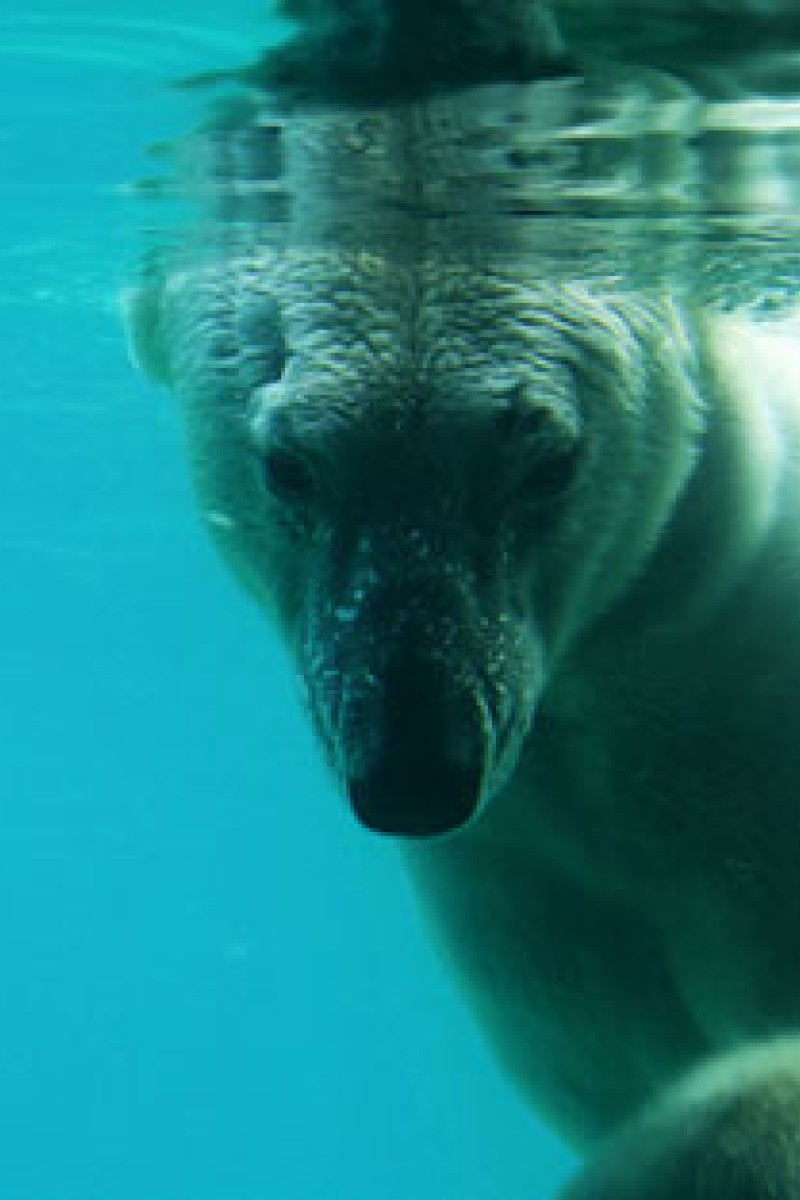 iii
iiiBut underneath all that scenery, under the ice and the sea, lie billions of dollars worth of oil and gas. While the polar bears and pretty scenery may attract tourists, big oil companies have their eyes on the Arctic because they want to harvest its energy resources.
During my voyage through the Arctic, I heard people talk about oil exploration with both hope and fear - hope because it could bring jobs and money into small communities struggling to survive; fear because the Inuit worry oil exploration could ruin their hunting grounds and they're afraid all the oil and money will flow to cities in the south.
'I know what they say about the environment ... and sure, it's a concern, but for us it means jobs and better money,' said Eddy Lucas, who lives in Tuktoyaktuk, near Canada's Arctic oil reserves.
Oil exploration in Canada's Arctic began in 1920, but it is only recently that the world's big oil companies have turned their full attention to the region. Now, companies such as Shell are eager to drill wells in the Beaufort Sea and pipe the oil and gas to markets across Canada and the US.
Climate change means there is less sea ice in the Arctic every year, making it easier for drilling ships and oil tankers to work in the Arctic.
Oil exploration has brought billions of dollars to Arctic Inuit communities in recent decades, but at a cost.
The Inuit say hunting and whaling have suffered in some places. Exploration can scare away wildlife and affect their hunting, mating and migration patterns.
So while harvesting the oil and gas may bring money and benefits to the Inuit communities, it's something that needs to be done carefully and slowly to make sure we protect this special part of the world.
If you have any questions, e-mail them to [email protected] with postcards in the subject field and we will forward them to Cameron. You can follow his voyage in his weekly log book in Young Post and on http://www.openPassageExpedition.com
